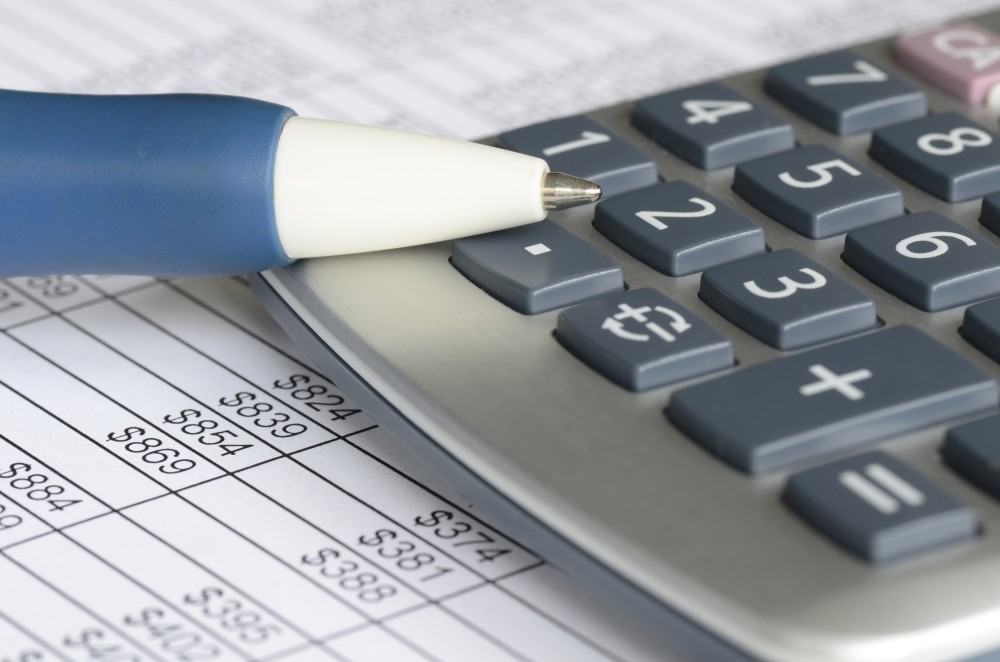
December
What To Do When Your Bank Account Is Levied
A notice in the mail arrives informing you that your bank account has been levied. What does this mean exactly? First and foremost, this is a result of a debt; if you weren’t aware of this debt, you’ll need to contact a lawyer, as this becomes more complex. If this is from a debt you’ve decided to ignore and is valid, you have a few ways to approach the situation, outlined below.
Upon the administering of the levy that begins when you receive the notice, the contents of your bank account now belong to the owner of the judgement obtained. A bank levy is a particular kind of fund withhold; it is different from a wage garnishment, in that the collector has possession of the funds in your bank account, as opposed to access to the funds in your paycheck. Although this is detrimental to your financial situation regardless, this allows at least some control over the income that you will earn from the point of receiving the bank levy, onward.
First understand the amount which you owe in comparison of the amount you have in your bank account. If you owe $5,000 and have $10,000, the amount you owe will be withdrawn. if you owe more, the levy will continue until the debt is paid. This hold on your account may impair your ability to pay your bills for a long period of time, depending on how much you owe and how quickly your income can pay off this debt.
The most straightforward way of relieving the levy is to come to terms with the collector, either by assuming the damages of having funds withdrawn until your debt is paid, or working with them directly to lessen the blow. Potentially, this solution is the path of least resistance and perhaps most favorable to your financial situation. Many choose to leave their bank account alone except for adding funds that will apply to the debt, and use cashier’s checks or money orders to pay bills until the debt is paid in full.
Filing for bankruptcy may be an option if you can file quickly and prove that your current funds should be exempt to give yourself some financial ground to work with; if your income is low or you have other financial hardships, sometimes this route is most amending. Contact a bankruptcy lawyer to determine the pros and cons of the solution, taking into consideration your other assets and obligations.
In some cases, the bank levy notice was received in error or the debt is valid but not applicable. These instances allow for contesting the lawsuit. If it’s an old debt, check the statute of limitations for your state to see if the debt has expired, which would deem in unenforceable. This varied greatly state by state, with time periods as little as 2 years, while others are much longer. If the statute may have expired, consult an attorney to proceed. Also, an unfortunately common act of ‘gutter service’ may be at hand, by which the third party collector simply did not serve you appropriately and claimed they did so. This situation will also require an attorney.
Overall, your options are to simply pay the debt owed with the funds of your levied bank account and any subsequent payments as necessary, file bankruptcy, or contest the lawsuit. Whichever solution you choose, it is pertinent to act quickly and retain financial security where room allows.
Related Articles
3 Ways to Keep Business and Personal Finances Separate
Your business life and your personal life are bound to run together; you hit the gym on your lunch break, grab a meal with your client, and buy your boss a friendly holiday gift. However, it’s important to separate the..
Read MoreOffshore Banking: The First Steps to Coming Clean
You might have an offshore account to make business easier abroad, qualify as an expatriate, need it for better business, or possess one for other legitimate reasons. However, there are still rules to follow to comply with IRS regulations and..
Read More



